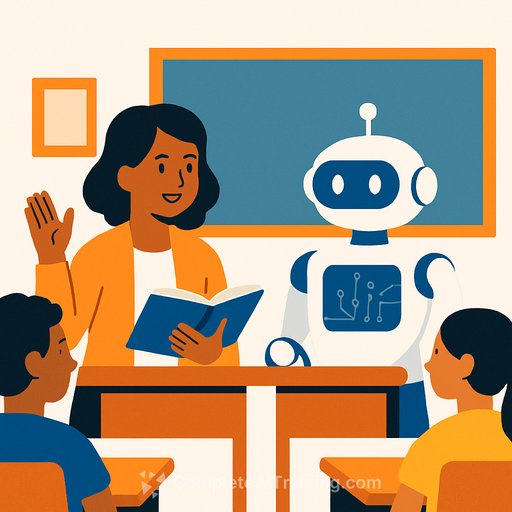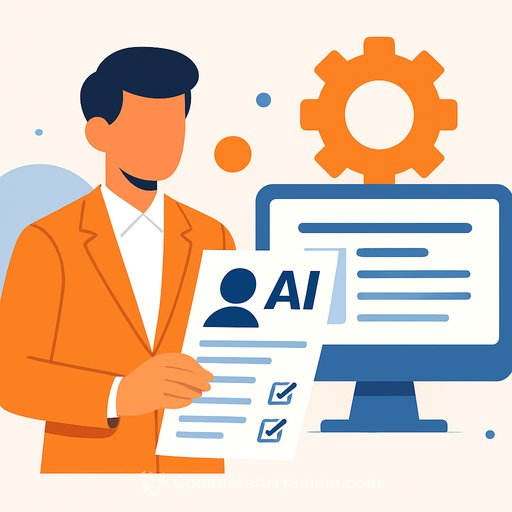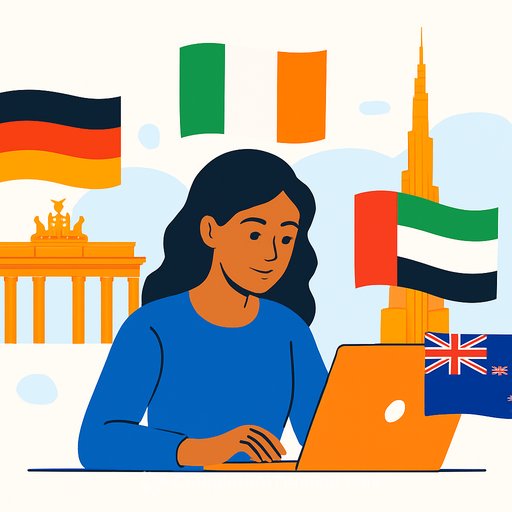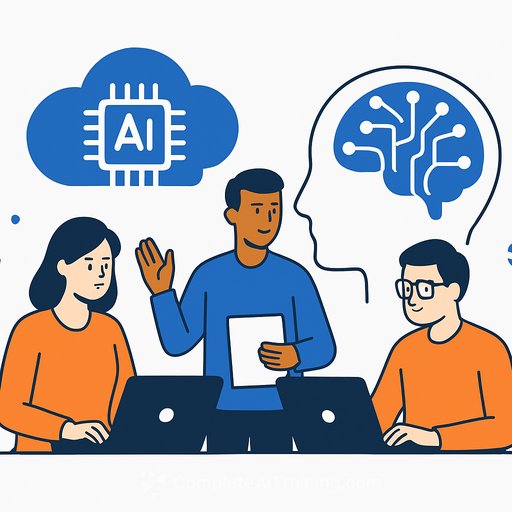Why Teachers Remain Central in the Age of AI
Artificial intelligence is making waves in education, but the core of effective learning hasn’t changed: it’s still the teacher who makes the difference. Years of experience and data from nearly 1.5 million students show that technology alone doesn’t drive improvement—human connection, guidance, and expertise do.
Consider Newark, New Jersey. Before AI even entered classrooms, the district carefully integrated technology. They didn’t just hand out devices; they invested in their teachers. Educators received dedicated planning time, real training, and ongoing support. Clear goals were set, tracked, and discussed among teachers, administrators, and leaders alike.
Results That Speak for Themselves
Newark’s approach led to more than half of its students engaging with the platform enough to make solid academic progress. Math scores have risen, bucking trends seen in many other large urban districts. Importantly, these gains weren’t due to AI but to educators using digital tools thoughtfully, with people at the center.
With AI now part of the equation, Newark’s teachers can potentially gain more time to focus on teaching while personalizing learning for each student. This is a promising step, but it’s not yet the norm.
The Real Challenge: Support and Vision
Many districts want to adopt new technology driven by good intentions. Yet without clear plans and support, teachers struggle to use these tools effectively. When the human system around technology is weak, tools are underused and fall short.
The difference between success and stagnation is not the software itself, but the ecosystem supporting it. Teaching thrives on trust, encouragement, and connection—qualities no machine can replace.
What Makes Teaching Irreplaceable
Teachers do more than share information. They inspire. They build relationships and show students that someone believes in them. They demonstrate patience, perseverance, and curiosity—the very traits that fuel meaningful learning. AI can't replicate these human qualities.
But AI can help teachers do their job better. It can save time, highlight insights, and personalize learning so students work at their optimal level—the zone where actual learning takes place. Technology can provide essential practice and feedback, supporting the teacher rather than replacing them.
Choosing What Comes First
As AI advances, we’re reminded to focus on what makes us human. We don’t have to pick between empathy and algorithms, but we must decide which leads. The answer is clear: teachers should lead. Technology should serve learning, not the other way around.
In this age of artificial intelligence, our greatest asset remains human wisdom.
For educators interested in integrating AI tools effectively, exploring practical AI courses can provide valuable skills to boost teaching impact.
Your membership also unlocks:




